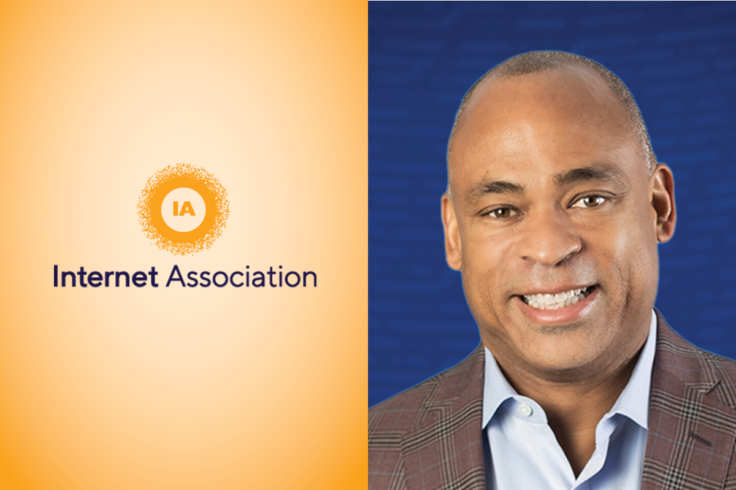A Path Forward For Section 230
Twenty-five years ago, Congress passed a piece of legislation which made little if any splash. As policy areas such as content moderation, privacy, and online safety drifted into the mainstream conversation here in Washington, this legislation—Section 230 of the Communications Decency Act—came to be recognized for what it is: the legislation which created the modern internet industry. Unfortunately, in the same ways that 230 is now widely discussed and widely utilized, it is also widely misunderstood. At its core, this law makes the best of the internet possible by enabling companies of all shapes and sizes to create enjoyable spaces online. However, DC seems to have lost sight not only of the original purpose of 230, but what exactly we are seeking to resolve with a renewed evaluation of it.
Although most frequently associated with social media, 230 has applications which span the entire width of the internet and well beyond. On one hand, 230 protections allow for the people-driven spaces to which we have grown accustomed, such as community reviews when picking out a dinner reservation or hotel/homestay ratings on Expedia and Airbnb. On the other hand, it allows platforms to moderate content if users feel it is harmful or unsafe; meaning that posts such as inappropriate job listings are often removed long before you encounter them during your career search. This framework ensures that the vast majority of Americans have positive online experiences, free from a constant tsunami of spam and other content which may not be prohibited by the First Amendment but nonetheless negatively impacts those who encounter it. In short, eliminating Section 230 would not only break the internet as we know it, but also make the lives of everyday Americans significantly more difficult in the process.
However, despite its importance, Section 230 has recently found itself at the center of the political football field, being passed back and forth with no clear indication as to the goal. Section 230 has become shorthand of many grievances, many of which fall outside the scope of Section 230. In fact, a legal study done through IA last year shows that out of 500 legal cases brought around 230, less than half of cases wound up using 230 as the primary basis for the court’s decision—and only 19 of those cases utilized the provision which allows platforms to remove content. This begs the question: what in 230 is in need of reform? If we are to implement long-term, sustainable policies, Congress and industry must jointly define the problem we are aiming to remedy, and ensure we have thoroughly considered potential unintended consequences for internet users and the economy when it comes to proposed solutions.
The next 25 years of the internet is bright if we get this right. And the time is now for industry and Congress to collaborate in evaluation of the issues, risks, and any potential resolutions that accompany revisiting old technology policies and creating new ones. IA looks forward to engaging lawmakers in conversations that draw wisdom from the past, assess the goals of the present, and strengthen the legal architecture which will guide America’s future.
–K. Dane Snowden, President & CEO, Internet Association
Internet Association is the only trade association that exclusively represents leading global internet companies on matters of public policy. The Association’s mission is to foster innovation, promote economic growth, and empower people through the free and open internet.



